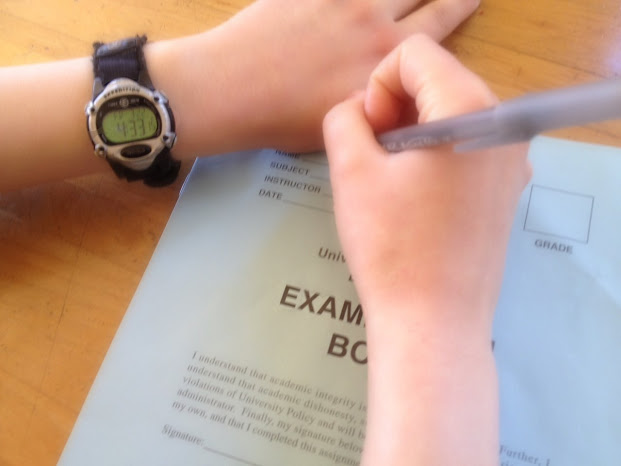 College can be stressful enough without having to deal with religious concerns. When Shabbat or Jewish holidays come around, they should not be cause for anxiety, embarrassment, or any other strains due to class and exam conflicts.
College can be stressful enough without having to deal with religious concerns. When Shabbat or Jewish holidays come around, they should not be cause for anxiety, embarrassment, or any other strains due to class and exam conflicts.
Enter the Jewish Student Union’s latest efforts.
Student leaders of the JSU, Hillel and Jewish Learning Initiative on Campus have met with UCLA’s Student Affairs Office to see whether the process of arranging alternate class and test days can be streamlined. Currently, the process is lengthy and involved, since students must usually obtain letters of confirmation from Rabbis to prove to the professor or head of department that the need is legitimate. Even after such a letter is provided, authorities may be concerned that the student requests are fabricated or superfluous. Professors often have little or no understanding of the nature of the “work” (creative activity) forbidden and may have difficulty accepting that simply making marks on a paper cannot be done. Because of these difficulties, says Mrs. Sharona Kaplan of JLIC, students who would otherwise observe Shabbat and holiday laws may be reluctant to approach their professors. They would then be forced to undertake an awkward and uncomfortable process, and so compromise on their religious beliefs.
A collaborative effort was thus initiated by the different organizations of the JSU to make the process similar to that of the Office for Students with Disabilities. As they wrote in a formal e-mail to the Student Affairs Office, “Once a student registers his/her disability, the OSD will e-mail the student’s professors every quarter to explain their specific situation, as well as the accommodations that each disability will require.” If the SAO could initiate a similar system to e-mail professors each quarter about Shabbat and holidays, the professors would be more likely to believe and respect the situation and work with students to offer alternate dates or times.
According to Ronit Hakakha, student board president at Hillel, the idea came from Avinoam Baral, a member of the JSU. He noticed the contrast between the ease with which students with long-term needs for accommodation were able to make alternate arrangements and the difficulties of the current process. Baral looked into the OSD’s process and contacted the SAO. Hakakha and Baral, as well as Amanda Sass (co-president of the JSU) and Tzvi Wolf (of JLIC) met with an SAO representative and communication has been ongoing.
Hakakha explains that the SAO is interested in creating a system “for all religious communities on campus — to tackle everything at once,” instead of having to repeatedly make arrangements for religious needs. With an interreligious accommodation system, the process would not be limited to the university’s Jewish community. For example, the organizations’ leaders also met with members of UCLA’s Muslim community, who expressed interest in having “accommodations for tests during their communal prayer hours on Fridays.” She is confident that the system will work since it “affects students from a lot of different backgrounds and a lot of different perspectives.” A date of implementation has not yet been estimated.
If the system is created, the only other days on which Jewish students might have difficulty taking tests would be the Intermediate Days of Sukkot and Pesach (Passover), on which creative activity is permitted but with some restrictions, and fast days that fall during the academic year — those of the Fast of Gedalyah, the Fast of the Seventeenth of Tevet and the Fast of Esther. However, since creative activity is not forbidden, even though it may be uncomfortable for students to attend school and take exams during these days, the JSU has decided to make requests for alternate exam dates only for those days on which such work is forbidden. Of course, if individual students wish to make their own arrangements for these days, they may do so.
Since UCLA prides itself on its diversity, it would behoove the university to make every effort to accommodate the needs that such diversity naturally entails. Having had an uncomfortable experience of my own last quarter, when a final exam was rescheduled for a Shabbat and making alternate arrangements was too much like a root canal, I hope that the proposal for such a system will come to fruition.
With thanks to Sharona Kaplan, Ronit Hakakha, and Eli Friedman.

